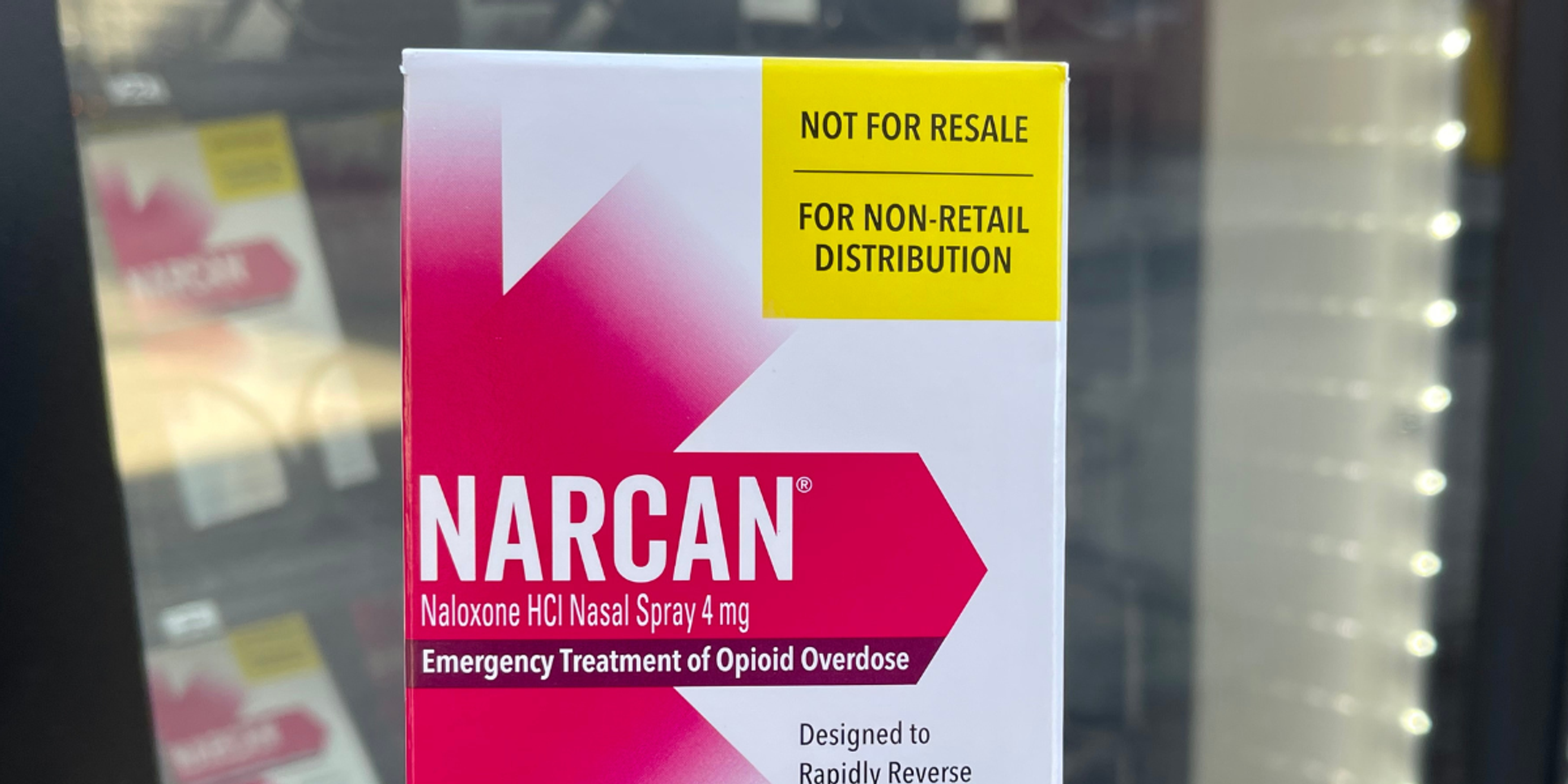
It may sound strange but living in the present is becoming an increasingly tall task for many of us. Being mindful and focusing on the moment can take a backseat to multitasking and the never-ending stream of information flowing from our smartphones. Ironically, people looking to be a little more mindful may find guidance inside those same phones.
What is mindfulness?
Mindfulness can be described as a moment-to-moment awareness of the human experience. When we are mindful, we are in tune with where we are and what we are doing – we are present. We become calm enough to avoid being anxious or overwhelmed by what’s going on around us. While it might be promoted by certain practices or activities, like meditation, mindfulness is not equivalent or synonymous to those practices, according to the American Psychological Association (APA). Some of the benefits of mindfulness, per the APA, include:
- Improved focus
- Less emotional reactivity
- More cognitive flexibility
- Reduced stress and rumination
- Relationship satisfaction
How can mindful apps help us achieve mindfulness?
There are hundreds of mindfulness apps designed to guide users through multiple forms of meditation and teach breathing exercises and acceptance methods, to help them relax and gain focus.
Most mindfulness apps play calming background sounds, like lapping waves and chirping birds, while trying to get users to focus on the thoughts and sensations that materialize in the moment. The goal is to soak these feelings in and observe them without judgment. Using these techniques, we are training ourselves to focus on our breath each time our mind wanders. The more we practice, the more apparent these benefits should become. Recent research suggests that mindfulness apps can help improve the attention span and decrease the mind’s tendency to wander.
How can mindfulness apps be beneficial?
At the core of most mindfulness apps is a promise to help users train their brain to become more mindful and present in a convenient, cost-effective fashion. Digital stress reduction is the number one benefit of mindfulness apps, according to multiple studies over the past five years. We could all stand to be calmer and more collected in the face of stressful situations at home, work, or school, and mindful apps can provide stress intervention in pressure-filled situations, and even reduce cortisol and systolic blood pressure reactivity, in some cases. In addition to improvements found in sleep quality and self-compassion in short-term contexts, a 2019 study aimed at college students found mindfulness apps to be a “cost-effective, convenient, easily disseminated, and enjoyable way to manage stress among college students.” Some small, controlled studies have found higher scores of working memory in groups using mindfulness apps over an extended period. Other studies have found the acceptance training taught by some apps to help mitigate loneliness and social isolation, while promoting more social activity in the process.
Apps can’t replace experts
More research is needed to reinforce the findings of studies like these. These apps are not widely supported by science. Most experts agree that mindfulness apps can be a great supplement to in-person teachings that practice personalized one-on-one instruction. Remember that mindfulness apps are not for everyone. Individuals with serious mental health issues should consult with their medical professional, as these apps do not replace clinical treatment. Photo credit: Getty Images Read on:





